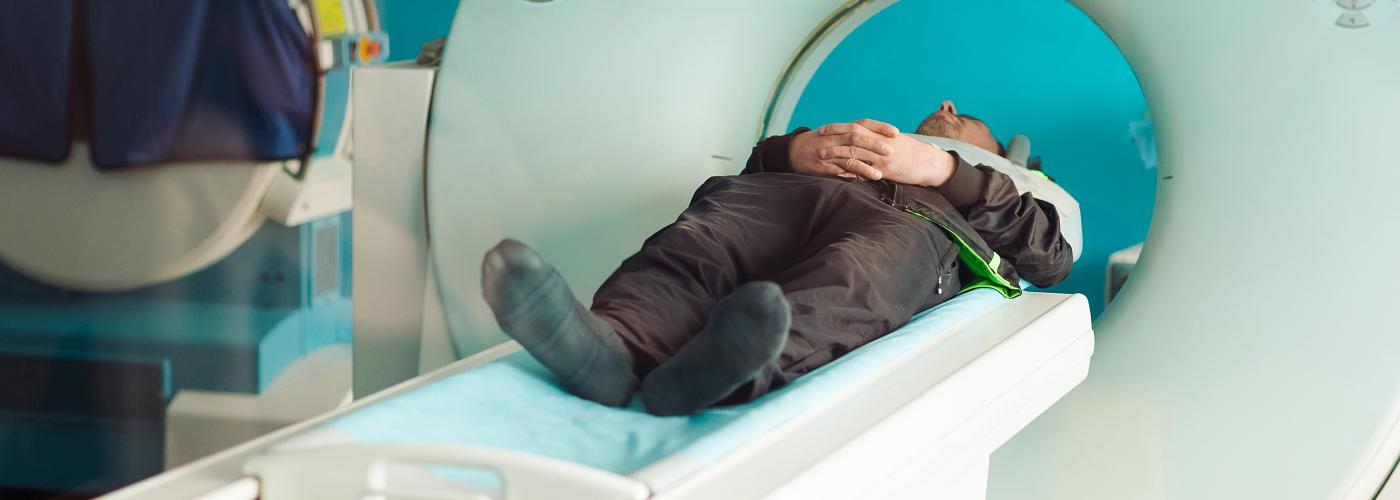In this article we will discuss how to prepare for an MRI scan, explaining what will happen leading up to and during your scan.
If you are nervous and would like to visit one of our scanners before your MRI takes place, you can do this by pre-arranged appointment. Please call us on 01293 534 043 and a member of our team will arrange this for you.
Before the scan
Before having your scan you will be asked a series of questions over the phone, these are to check that you are safe to be scanned. An MR scanner uses a strong magnetic field meaning it is not suitable for people suffering from certain conditions.
These include:
Patients fitted with a pacemaker
Expecting mothers
Patients with heart or brain conditions
Patients fitted with metal implants
Sufferers of kidney conditions
If you are if you are suitable for a scan please call us on 01293 534 043.
There is little preparation needed for an MRI scan. If any special preparations are needed you will be informed of this before the scan takes place. This may include not eating or drinking for up to 4 hours before.
You will be scanned in your own clothes, however clothing must not contain any metal and all other metal items must be removed.
These items include:
Watches
Piercings
Jewellery (one wedding ring is often allowed dependent on scan area)
Dentures
Hearing aids
Some patients will require an injection of intravenous contrast. This is a dye that will help produce clearer images of certain tissues and blood vessels. Will patients be informed of this before the appointment? What are the criteria for needing this?
Depending on the body part being scanned and the amount of images being taken, an MRI takes between 15 and 90 minutes to complete.
The Radiographer will talk you through exactly what will happen and will answer any questions you may have before the scans starts.
During the scan
The scanner is a wide hollow tube, which opens at both ends. Depending on the body part being scanned you may enter either feet or head first. Our scanners are a new generation; meaning claustrophobia is much less of an issue as you will not be fully enclosed inside.
The scanner is noisy, however; patients can listen to music on headphones or use earplugs, which will be provided before-hand. The Radiographer will be able to hear and speak to you via an intercom system throughout the duration of the examination.
It is important to keep still and follow instructions throughout the scan to stop the images from blurring or distorting.
After the scan
Once the scan has been completed you will be able to leave and continue as normal.
Your scan will then be reported by a specialist Radiologist and the results sent on to your GP or referring clinician.



